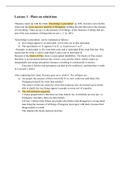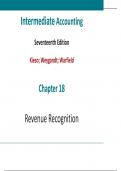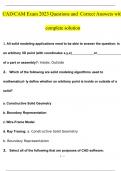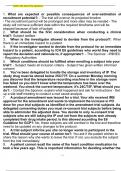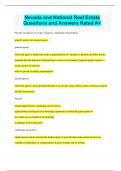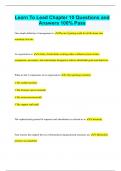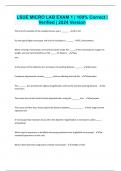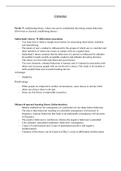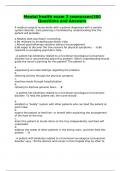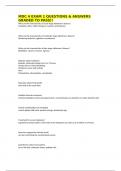Samenvatting
History of Philosphy 1: summary lectures 1 to 4. (midterm)
- Instelling
- Rijksuniversiteit Groningen (RuG)
Notes and explanations about the concepts and topics discussed in the lectures 1 to 4. The essential parts of the mandatory reading materials are all covered (plato, aristotle, anselm, aquinas). Relevant additions from the lectures are added as well. (May contain spelling or grammar errors)
[Meer zien]
